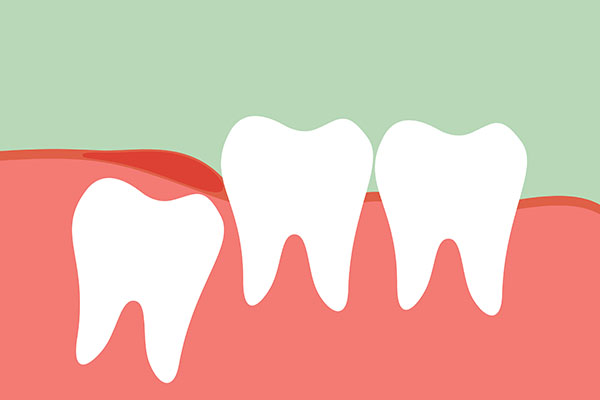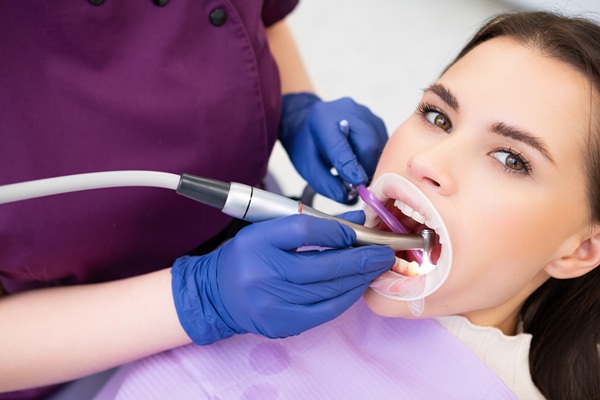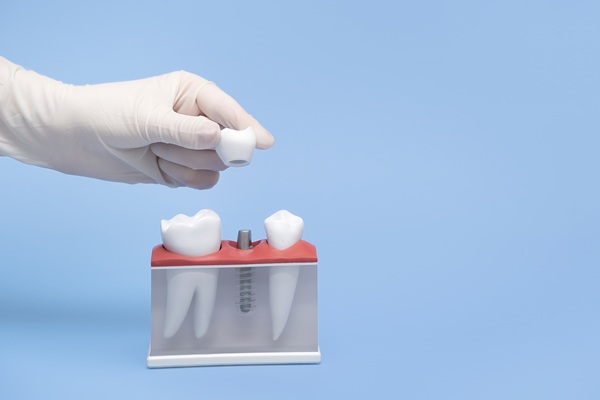Your third molars are your . These teeth appear between 14 and 30 years old. Your mouth is not big enough to have two third molars on the upper jaw and another two on the lower jaw. This results in third molars growing in incorrect positions. Infection is a common outcome of wisdom teeth. If you want to know more about infected wisdom teeth, here are the details.
The common causes
Infection can develop in the third molars and the tissue surrounding them. Wisdom teeth can emerge only at the crown or grow at the wrong angles while still embedded in the gum tissue. Overcrowding also happens. These conditions lead to the lodging of food particles around the third molars. Plaque and tartar develop, making it vulnerable to infection. This condition is pericoronitis — the inflammation and infection of impacted wisdom teeth.
Cavities in third molars can also cause infections. These teeth are difficult to floss and brush. The lack of thorough cleaning makes third molars prone to cavities. Extraction of third molars can cause infections as well. Without proper aftercare, an infection can develop at the extraction site.
The symptoms
Patients with third molar infection complain about pain in the jaw, side of the face, or around the tooth itself. There are also difficulties in chewing and opening the mouth. Bad breath, fever, swelling in the lymph glands, and white-yellow discharge from the extraction site. Any number of these symptoms need an immediate dental appointment.
The complications
Without proper treatment, wisdom teeth infection will develop complications. Fluid-filled sacs can form near the third molars. These cysts can result from wisdom teeth infection or impaction. If they do not receive treatment, these cysts will affect the roots of the neighboring teeth. These growths may also weaken or damage the jawbone.
Severe third molar infection can make its way to the upper respiratory tract, mouth, and jaw. In some rare cases, an infection can spread to the patient’s bloodstream. This is called sepsis. If this is the case, dentists remove the infected wisdom teeth at the first sign of infection. Doing so prevents recurrent dental infections.
The treatment
Treatments for infected wisdom teeth depend on the severity and cause of the infection. The dentist will perform a deep cleansing of the area and the surrounding teeth and gums. Then, the dentist will ask the patient to gargle with an antiseptic mouthwash. Targeting the infection needs a prescription of antibiotics. This will stop the source of infection and prevent it from coming back. The dentist will recommend the extraction of the wisdom teeth to prevent future infections and damage.
Check out what others are saying about our dental services on Yelp:
Infection in your wisdom teeth can happen if it is not tended to right away
Wisdom teeth can cause many issues. The overcrowding and incorrect growth can lead to infections and complications. You should see your dentist right away if the symptoms of third molar infection last beyond three or four days. An appointment with your dentist can deal with the wisdom teeth infection right away.
or call Smiles Dental Care at 650-563-1180 for an appointment in our Mountain View office.
Recent Posts
Do you think your wisdom teeth may need to be removed? Wisdom teeth extraction, whether complete or partial, is a standard procedure that comes by recommendation of a dentist. Sometimes, it could be because they were coming in crooked or placing too much strain on your jaw or neighboring teeth. If you have undergone a…
Many dental patients find themselves needing a wisdom tooth extraction. Wisdom teeth, the third and last set of molars, usually erupt in a person’s late teens or early 20s. While some patients will have no problems with their wisdom teeth, these molars often become problematic and cause issues that require extraction.It is important for dental…
Wisdom teeth cannot fit in the mouth. Four of your adult teeth are wisdom teeth. These teeth erupt after the second molars are already set in the back of the mouth. Because of this, wisdom teeth do not erupt the right way. Some of them cannot even break through the gums. If you want to…


